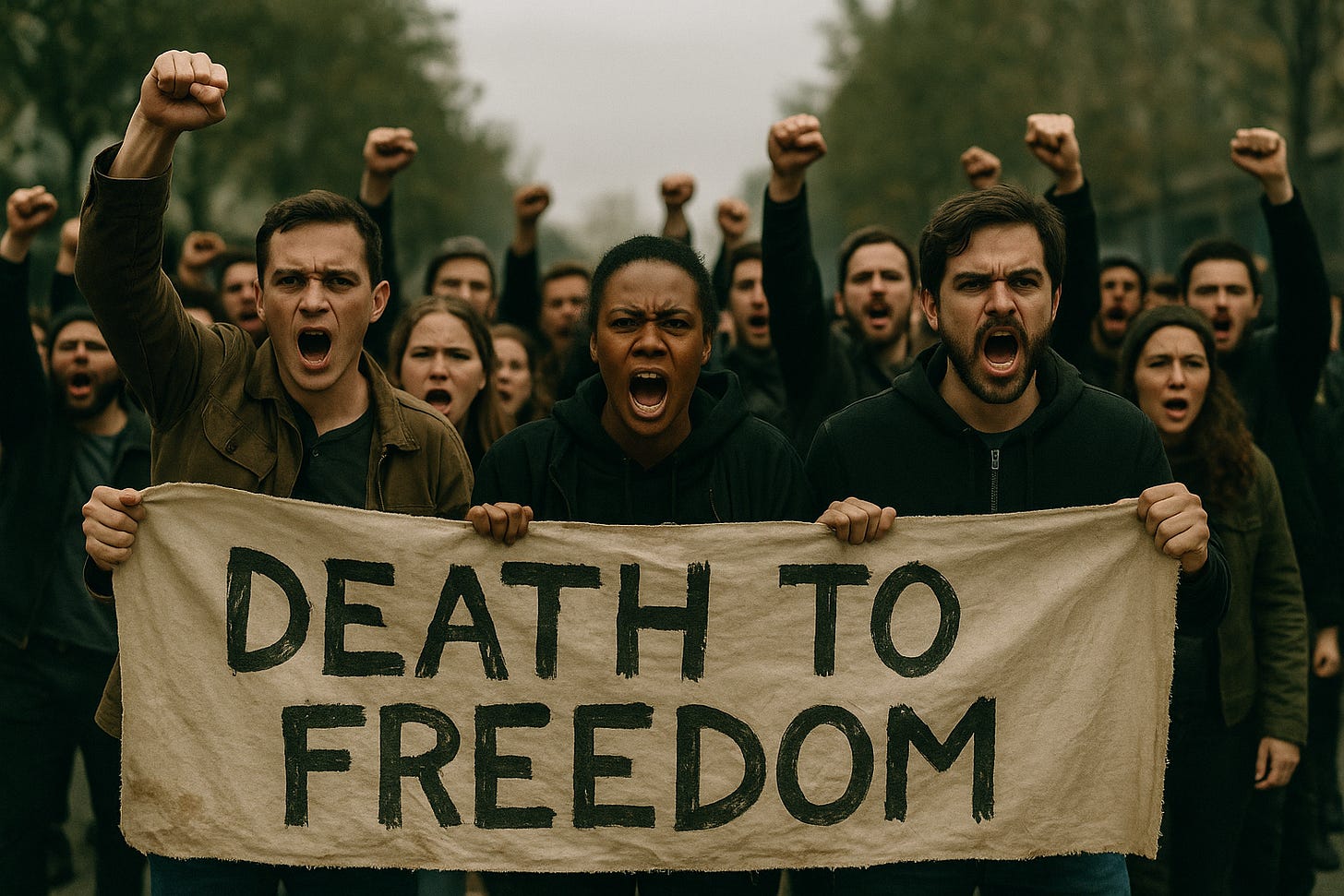Should we tolerate the intolerant?
Could a free society destroy itself if it upholds the right to oppose freedom?
For years, woke activists have invoked the ‘paradox of tolerance’ proposed by the philosopher Karl Popper in his book The Open Society and Its Enemies (1945). Popper seems to be saying that if we tolerate the intolerant we ensure our own destruction, and the concept has often been cited as a defence of censorship or the suppression of political opponent…



